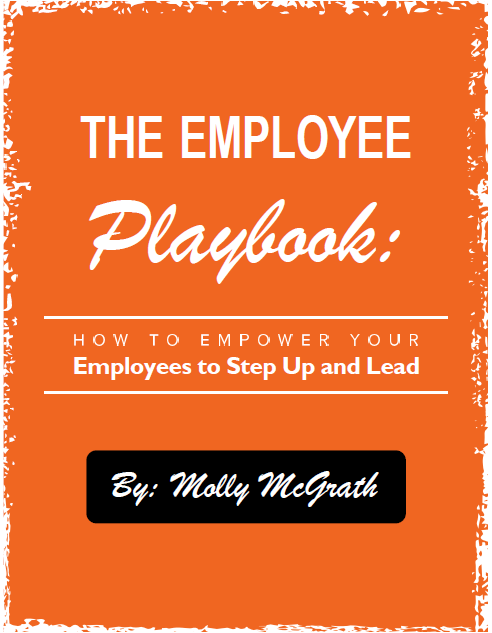
Relationships, whether they be personal or professional, follow similar principles. Nobody builds a friendship or romantic relationship without self accountability, and business relationships are no different. Being able to take responsibility for yourself and your actions is a key component of building trust. Nurturing this skill is essential to personal development, and should likewise be central among your development goals for work.
Self Accountability Needs to be Ingrained in Company Culture
Just as self accountability must run deep to sustain a personal relationship, so too must it pervade every aspect of your business operation. Adopting a culture of accountability means integrating it into leadership training, employee development, and all other levels of conduct.
Of course, this is easier said than done. Development goals for work wouldn’t be “goals” if they didn’t require careful thought and planning. Self accountability is not a magic spell that, if spoken aloud, suddenly manifests. Making the practice a part of your organization’s culture needs to go beyond talk and take the form of strategic action.
A Strategic Action Plan for Implementing Accountability at All Levels
The business world is rife with people making things harder than they need to be. Implementing self accountability need not be complex; it simply needs to be consistent. Leadership training and general employee development can share in the same action plan, as long as it is catered appropriately. Here’s what you (and everyone at your organization) need to do:
1. Articulate your role in terms of goals, tasks, and objectives. Start macro and move toward micro.
2. Link the duties associated with your role to key performance indicators (KPIs). As a precursor, ensure every team member is familiar with the KPIs your organization pursues.
3. Organize your tasks and goals according to priority level (as reflected by KPIs) and time to completion. Map this information onto a weekly, monthly, and quarterly schedule.
4. Identify those tasks which require collaboration or depend on the work of others. Open up lines of communication so that everyone involved knows about one another’s timeframe and objectives.
5. Schedule periodic, collective, goal-oriented reviews. Create a space to talk about individual and collective progress.
6. Institute support and redistribution mechanisms when loads are disproportionate or timeframes don’t align.
7. Upon completion of each project or significant objective, make time to assess what went well, and what could have worked better. Avoid pointing fingers. Frame this step in terms of organization-wide success or failure.
8. Ensure everyone on board has an active voice in determining how your organization pursues accountability.
Following these steps won’t immediately transform your company’s culture. Fostering the awareness and skills needed for every employee to take consistent responsibility for their role is a practice. It takes time and continued effort, and yet it is worth every ounce of exertion.
Accountability is among the top development goals for work for any organization because improvement in this domain implies enhanced trust among the variety of relationships that drive your business.
To learn more about reaching top-tier success through nurturing accountability, and by developing other essential “soft skills” that yield measurable gains, please book a call with me today! I can help you identify your team’s strengths and weaknesses, and develop and action plan that will turn around your people, productivity, processes and profitability…fast!

